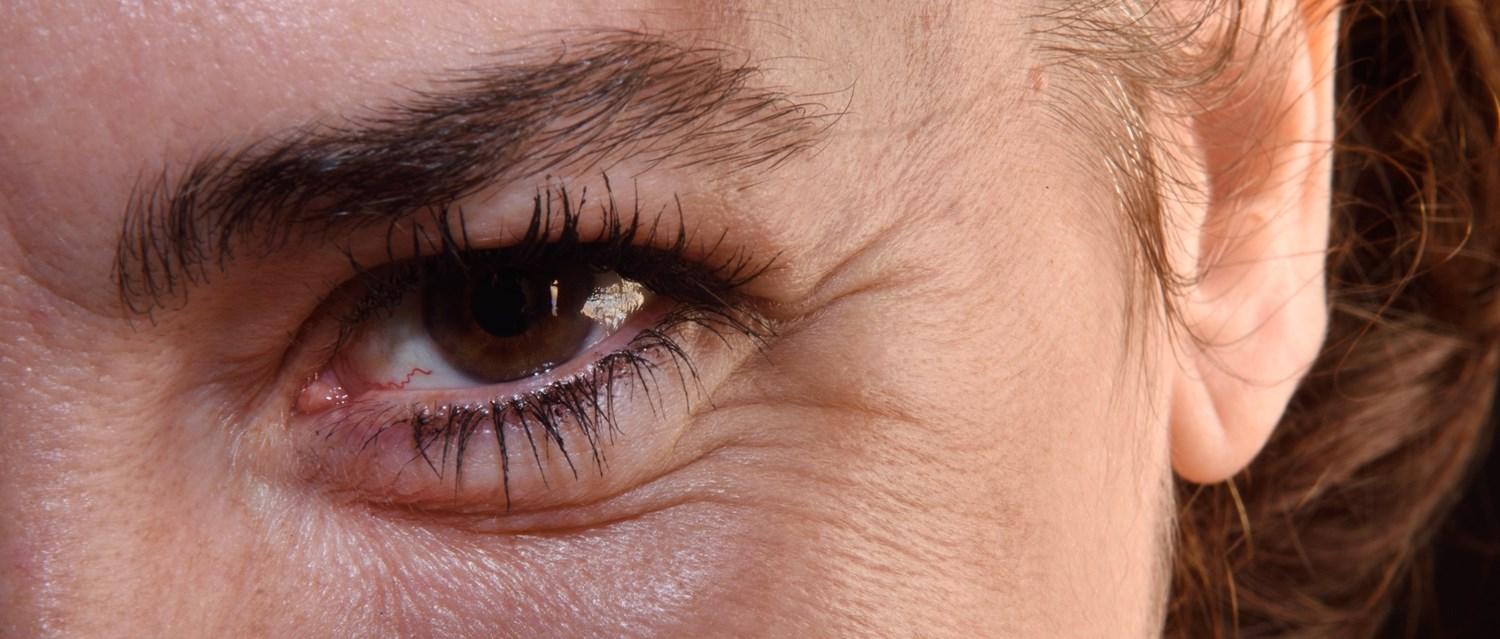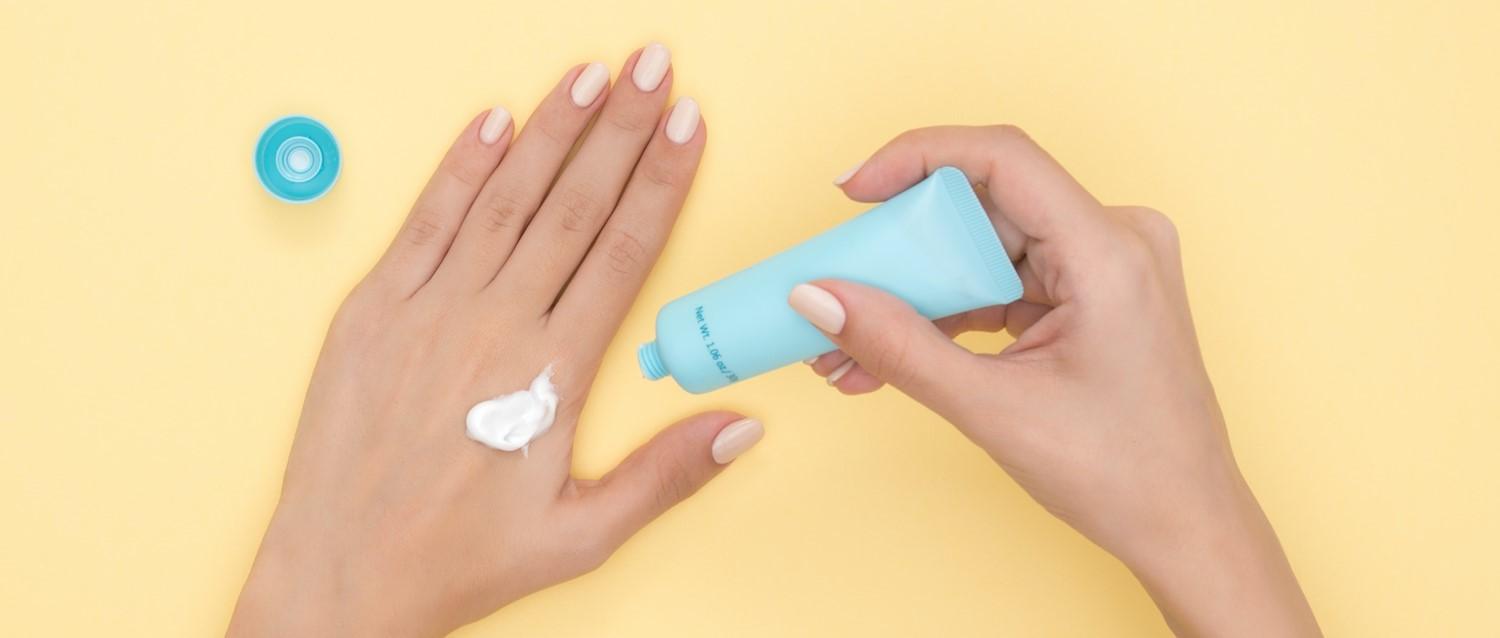
How your environment affects skin conditions
Peer reviewed by Dr Sarah Jarvis MBE, FRCGPAuthored by Sara LindbergOriginally published 6 Nov 2017
Meets Patient’s editorial guidelines
- DownloadDownload
- Share
- Language
- Discussion
Did you know that where you live and work can have a major impact on the health of your skin? Conditions such as eczema, psoriasis, rosacea, and acne can either improve or worsen based on the environment you are in.
In this article:
Video picks for Other skin conditions
The condition of your skin is based on multiple factors including genetics, hormones, diet, and where you live and work, according to California-based dermatologist Dr David Lortscher. So how can you prevent your environment (whether that's your office or the weather) wreaking havoc on your body's largest organ?
The winter itch
Eczema, for example, causes dry skin, and can be related to changes in weather - especially when it gets colder outside.
"As the temperature drops, the humidity levels tend to drop as well, drying out one's skin, and with the use of heat in the house, this reduces humidity and dries skin out even further," explains dermatologist Dr Alan Parks from Ohio.
Eczema can also be triggered by pollen, pollution, and occupational exposure to certain chemicals.
Skin is prone to dehydration when exposed to dry, windy, wintery weather outdoors, which may be aggravated further by central heating inside.
"Very dry skin can progress to inflamed skin that may itch," explains Lortscher. "And in a dermatology office, we often see this 'winter itch' in our patients in the colder months."
Dry air
Back to contents"If the environment that you are living or working in is very dry and cold, your skin will mimic this," says Dr. Jill Waibel, a dermatologist from Florida.
She explains that since we are 90% water, in dry or cold weather the water evaporates into the air (this is called transepidermal water loss), which is a very common problem for patients who have eczema, psoriasis, or atopic dermatitis.
Continue reading below
Overheating
Back to contentsBut skin issues are not just unique to the drier and colder months; the hot and humid weather can wreak havoc on skin as well.
Waibel says: "Skin conditions such as eczema and rosacea can be triggered and flare up when exposed to hot and humid weather. This type of weather can also cause your pores to be clogged causing unwanted acne."
If you have oily skin and live in a region with higher humidity levels, you may feel a greater need to blot away excess oil production. Lortscher says that eczema can worsen with excess sweating, as can a type of acne called pityrosporum folliculitis.
"Heat rash or prickly heat (also called miliaria) is thought to arise from plugging of sweat ducts, which give rise to tiny water bumps. Heat rash occurs especially after repeated episodes of sweating in a hot, humid environment," Lortscher says.
Occupational hazard
Back to contentsWhere you work may also affect your skin. If you work in an environment where chemicals are present, pay special attention to how you come into contact with them.
Occupational or work-related dermatitis is common in several jobs such as beauticians, hairdressers/barbers, medical and dental professions, metal working machine operators, florists, cooks, and people who work with rubber, glass or ceramic materials. Make sure you protect your skin with equipment such as gloves, aprons and eye protection.
According to a report online from the University of Strathclyde, Glasgow, there are two types of work-related dermatitis:
Irritant contact dermatitis
Irritant contact dermatitis can develop after a single exposure or repeated, prolonged exposure to hazardous substances which causes irritation. Irritants can be chemical, biological, mechanical or physical. Prolonged and repeated contact with water, soaps, shampoos, solvents, metalworking fluid, oils, and greases at work can also cause irritant dermatitis.
Allergic contact dermatitis
Allergic contact dermatitis can occur when an individual develops an allergy to a substance. Common causes of allergic dermatitis include: adhesives, wet cement, some plants, some foods, and UV-cured printing inks.
Continue reading below
How to protect your skin
Back to contentsIf you find yourself dealing with skin conditions that are exacerbated by the environment, there are preventative measures you can take to lessen the irritation.
Hydrate
Lortscher suggest you consider using a heavier petroleum-based moisturiser to help cope with air as it gets drier. He also recommends incorporating a hydrating serum or oil into your routine: a few drops of oil, such as rosehip oil can be added to your moisturiser. Just be sure to avoid coconut oil if you are acne-prone.
In addition, the use of a hydrating mask and cleanser can be helpful. But avoid turning to aggressive exfoliation to get rid of dry skin. Lortscher says a gentle way to physically exfoliate your skin is with a konjac sponge, made from the fibres of the root of the Asian konjac (Konnyaku) plant.
Short showers
If you are dealing with eczema or psoriasis make sure you are not overdoing showers or baths. Long, hot showers tend to trigger skin irritation. So try to keep showering or baths to five minutes or less. And when you get out of the shower, make sure to apply a moisturiser to damp skin, which can help seal moisture into your skin.
Keep it gentle
Parks often tells patients to have a humidifier in the room where most of your time is spent (usually the bedroom). And Waibel recommends washing your face twice a day with gentle soaps to remove the excess bacteria and free radicals that we come into contact with every day. She also says it's important to apply Retin-A® at night along with a gentle moisturiser, which will help with the prevention of skin cancer, (specifically basal cell carcinoma), slow down the oil production, and stimulate the collagen in your skin.
Don't forget the sunscreen
Many conditions are also caused by sun damage such as premature ageing of the skin, hyperpigmentation, and skin cancer. Appropriate use of at least SPF 15 sunscreen and sun avoidance can help keep these issues to a minimum.
If you are still experiencing discomfort in your skin due to the environment, it is highly recommended to follow up with your GP who will be able to help, or to refer you to a dermatologist to discuss a customised skin care plan. Even taking small steps can make a permanent difference in the health of your skin.
Patient picks for Other skin conditions

Skin, nail and hair health
Dry skin in winter: what cold weather can do to your skin
Cold weather can be tough on our skin, and dry skin in winter can cause or inflame a number of skin conditions. Lesser known effects of winter weather include allergic reactions and the spread of infections that also trigger skin problems.
by Amberley Davis

Skin, nail and hair health
Itchy skin at night this summer? Here's why
If you are waking up throughout the night to itch, you might just need to make a simple change to your environment - like your summer skincare routine, your duvet, or central heating. Sometimes though, itchy skin at night is a sign of an underlying problem.
by Amberley Davis
Continue reading below
Article history
The information on this page is peer reviewed by qualified clinicians.
6 Nov 2017 | Originally published
Authored by:
Sara LindbergPeer reviewed by
Dr Sarah Jarvis MBE, FRCGP

Ask, share, connect.
Browse discussions, ask questions, and share experiences across hundreds of health topics.

Feeling unwell?
Assess your symptoms online for free
Sign up to the Patient newsletter
Your weekly dose of clear, trustworthy health advice - written to help you feel informed, confident and in control.
By subscribing you accept our Privacy Policy. You can unsubscribe at any time. We never sell your data.